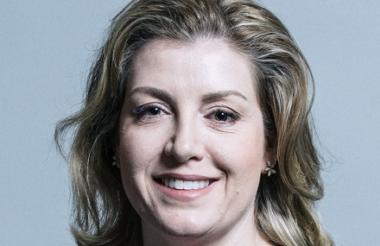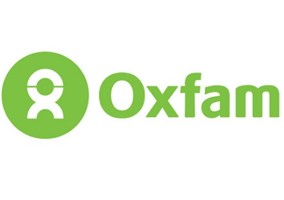The international development secretary has said that UK international development charities are being discriminated against by the European Commission.
Speaking on Tuesday before the International Development Select Committee, Penny Mordaunt said the government had evidence, which it said it was willing to share with the committee, of discrimination against UK NGOs and companies.
Mordaunt was asked “are you saying that we are being punished by the European Commission, simply because we are leaving the European Union, that they are taking our money and basically telling our NGOs that they can get lost?”
In response she said that currently 20 per cent of humanitarian work done with the EU is delivered by British NGOs, and that that is because “some of the things they do are world leading”. She said that is “going to be very odd if that doesn’t continue”.
But she said: “At the moment we have clear evidence, that I think we can share with the committee, of where British NGOs and companies are being blatantly discriminated against.
“That cannot continue. It is not in good faith. We want to have a good partnership with good faith.
“I would say that any threats, of 'if you have no deal this is the consequence', we are looking at mitigating that. We want to protect, not just British business and British NGOs, we want to protect the people who are the recipients of the aid we are delivering.”
She added that she would urge everyone at the European Commission to “desist from these disclaimers and the discrimination that is going on”.
'Shocked and disappointed'
The question was asked of Mordaunt following comments she made about how the European Commission is using disclaimers that discriminate against UK organisations.
She said that the UK government will continue to work with and fund EU development programmes where it is in its interest to do so, and if it does choose to fund EU development programmes in the future it will be because “we think working with the EU is the best way to achieve a particular UK priority, such as peace and security, migrational and humanitarian AID”.
She said that the draft withdrawal agreement confirms the entitlement of UK entities to participate in current EU programmes, and that this means UK organisations should be able to bid for funding, participate in, and lead consortia, and “otherwise implement as normal all EU development programmes” which are approved before December 2020.
“However,” she said, “that is clearly not being adhered to”.
Of the disclaimers, she said: "We are clear that the European Commission must remove these disclaimers it is using to hinder British aid organisations from delivering the common goal of alleviating poverty”.
She added that the European Commission is not only applying these disclaimers to the funding channeled through UK government through the EU budget, over which the UK does not yet have discretion, but that they are also "applying them to funding that we have chosen to channel through the EU as our preferred delivery partner".
She said: “We have raised these issues with the commission multiple times and we are shocked and disappointed by there behaviour, which does not set a good precedent to any future partnership."
|
Related articles










